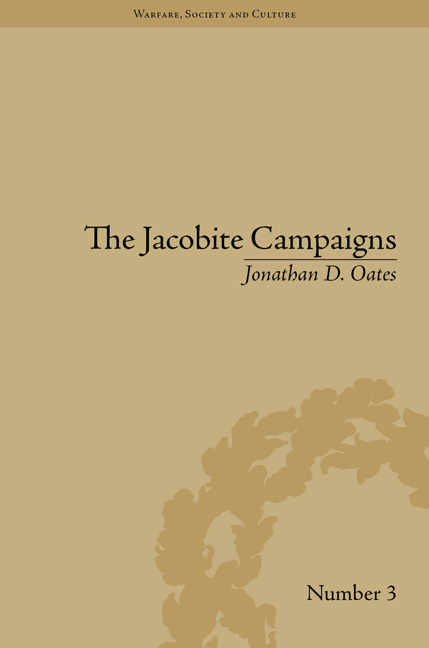7 - The Militia and Volunteer Forces in Action
Summary
Once these forces were raised, officered, armed and perhaps uniformed and trained, what followed? The effectiveness of irregular forces in this period was hotly debated both then and since. Many saw them as practically useless; others as heroic defenders of the nation and able to beat regular troops.
These forces have certainly previously been assessed variously. Some contemporaries had poor words for the militia: Jacobite officers writing memoirs almost always implicitly or explicitly denigrate their efforts; in Jacobite code, the militia were known as ‘small beer’. Traditionally the eighteenth-century militia has been dismissed, too, with remarks such as ‘Until 1757 it remained a decayed and little used force’ or being deemed ‘a gravely neglected and most useless force’. Furthermore, McLynn asserts that, when faced with the Jacobite army, ‘they simply melted away’. An equally dismissive remark comes from Duffy, writing that apart from a few ’the others are usually glimpsed only when they were trying to put all the distance they could between themselves and the Jacobites’. Referring to the militia forces in 1715, Szechi states, ‘the government militias and volunteers performed as poorly as could be expected’. A more realistic view comes from Reid: ‘their actual and exaggerated failings were in reality no more than a reflection of their circumstances’.
- Type
- Chapter
- Information
- The Jacobite CampaignsThe British State at War, pp. 161 - 194Publisher: Pickering & ChattoFirst published in: 2014



